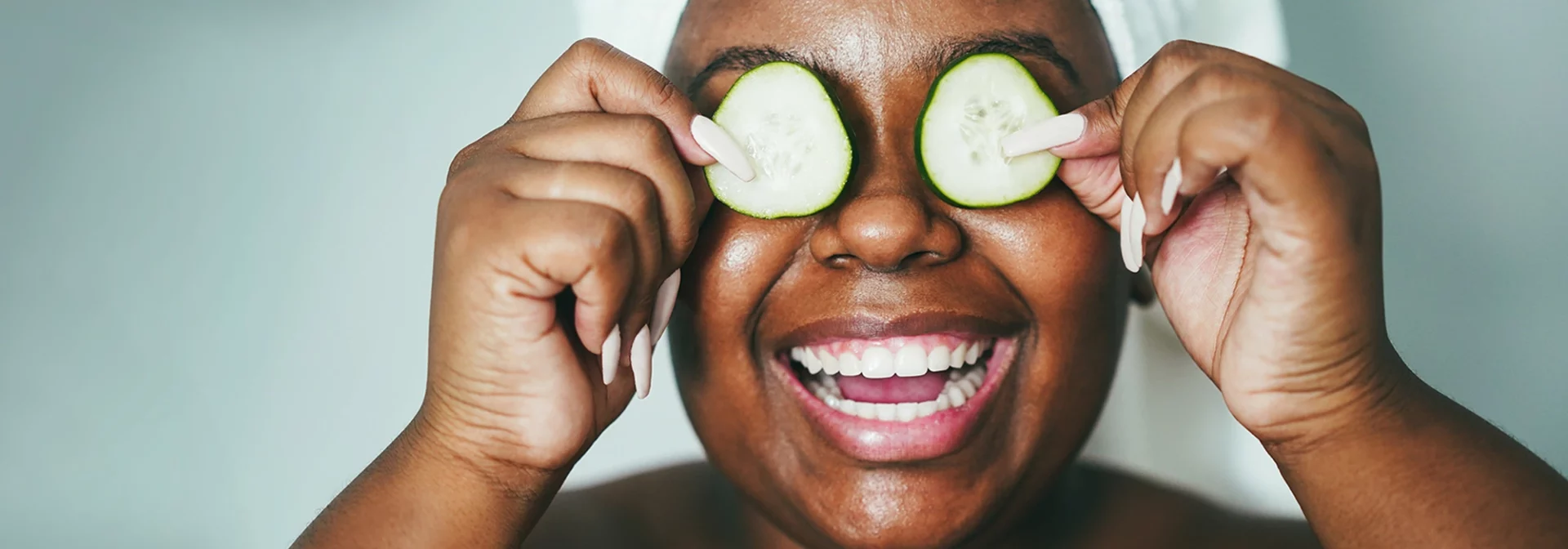As children grow into their preteen and teen years, their skin changes with increased oil production that can lead to clogged pores, breakouts, and acne. While proper skin care may have been as simple as bathing and moisturizing when they were younger, now is the time to help your adolescent start a proper skin care routine. A consistent morning and evening ritual of cleansing, treating, moisturizing, and protecting their skin can make a big difference. With some guidance on building good facial care habits, you can set your teen up for healthy, glowing skin both now and down the road. Read on for tips on when your child is ready to begin a routine, what a simple regimen looks like, and how you as a parent can support their skin health and self-confidence.
What Age Should They Start a Skin Care Routine?
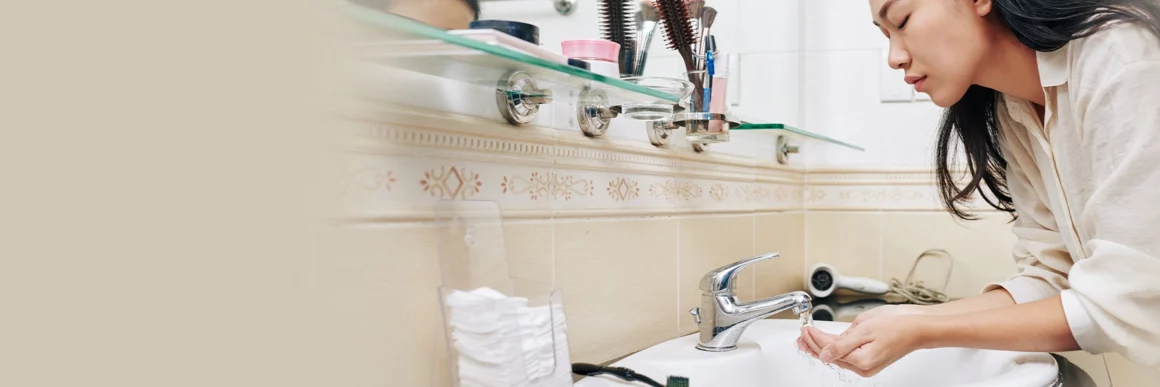
Just like brushing their teeth and combing their hair, making sure your preteen or teen is taking care of their skin is good for their health and their self-esteem. When they are younger, taking care of their skin may be just as easy as bathing or showering daily, washing off their face with a cool splash of water in the sink, and applying moisturizer when their skin is dry. Whatever age your young person is, adding sunscreen to their skin care routine would also benefit them by protecting their skin from harmful UV rays.
As your young person enters their preteen or teen years, they will notice their skin is more oily and may start to see some clogged pores or breakouts. At that time, a good twice-daily skin care routine can be a skin-saver! It only takes a few minutes but taking the time to care for their skin can help prevent lots of skin issues and help them look and feel their best.
What Does a Simple Skin Care Routine Look Like?
A skin care regimen does not have to be complicated. In fact, the simpler, the better. The best skin care routine is one that your young person can stick to on a consistent basis.
Morning Skin Care Routine for Teens
- Have them wash their face in the morning. If they washed their face the night before, they would only need a splash of water. If they feel like their skin has already become oily overnight, then have them wash with a gentle cleanser.
- If they have any active pimples, they should use an over-the-counter or prescription spot treatment containing ingredients like salicylic acid, benzoyl peroxide, or antibiotics. If their skin feels dry, they can apply a non-comedogenic facial moisturizer that is formulated to not clog pores.
- As a last step, they should apply a non-comedogenic facial sunscreen or use a moisturizer with SPF. Try a few different facial sunscreens so your teen can find one that they like (easy to apply, doesn’t leave a white cast, doesn’t feel oily, etc.).

Ready to elevate your parenting? Become a member of the BLOOM family today!
Gain access to workshops, coaching, and a network of supportive parents. Don’t navigate this journey alone –
Night Skin Care Routine for Teens
- Cleanse/wash their face. They can use either a gentle hydrating cleanser or a facial cleanser containing ingredients like low-strength benzoyl peroxide or salicylic acid. If they have worn makeup that day, make sure they remove the makeup first using a cleansing balm or makeup remover, such as micellar water.
- If they have any active pimples, they can use an over-the-counter or prescription spot treatment containing ingredients like salicylic acid, benzoyl peroxide, or antibiotic.
- If they have acne-prone skin, they should apply topical retinol or retinoid over the areas of their face that get acne. This topical treatment helps to soothe the skin at the microscopic level and can both treat and prevent acne. If they are starting a retinoid for the first time, only apply it 2-3 times a week at first and slowly increase it to nightly. Use only a pea-sized amount for the entire face.
- If their skin feels dry, then they should apply a non-comedogenic facial moisturizer.
Weekly Skin Care Routine (1-3 times a week):
Your preteen or teen can also consider using a gentle exfoliating wash or serum containing ingredients like alpha-hydroxy acids or beta-hydroxy acids, such as lactic acid or glycolic acid. This can help keep their skin smooth and prevent or treat blackheads.
However, remind them not to overdo it. If their skin becomes too dry, the skin barrier can get damaged and acne can worsen. If, at any time, their skin feels very dry and flaky, then have them stop all treatments except for a gentle hydrating cleanser and moisturizer.
PRO TIP > Encourage your teen to visit our BLOOM TEEN HUB to learn all about ways they can boost their personal hygiene during puberty!
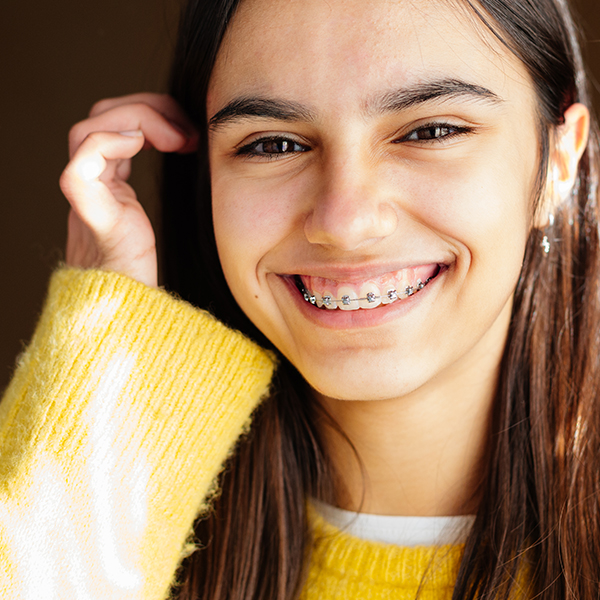
What You Can Do to Help Your Teen’s Skin Care Routine
As a caregiver, it is important to encourage your preteen or teen to keep a consistent skin care schedule. Preteens and teens often make the mistake of either not washing their face at night or doing a skin care regimen only a few times a week or inconsistently. If it’s helpful, have them set up a recurring alarm to remind them to do their regimen. Never shame your preteen or teen for their skin if they have acne, and do not make it a bigger deal to you than it is to them. That could damage their self-esteem or make them more self-conscious.
Ensure pillowcases and sheets are cleaned at least once weekly. If they have been playing sports, encourage them to shower as soon as possible and wash their clothes and sporting gear after each use. Set aside sporting gear in an area with good ventilation so it can air dry well.
Also, talk to your preteen or teen about making good nutritional choices. Certain foods have been linked to acne, such as foods and beverages that are high in sugar and dairy. Limiting these types of foods may improve their acne.
Above all, be supportive and open to their questions and concerns. If they ever express wanting help with their skin, consider taking them to see a dermatologist, who can give personalized and evidence-based recommendations and prescriptions if needed.
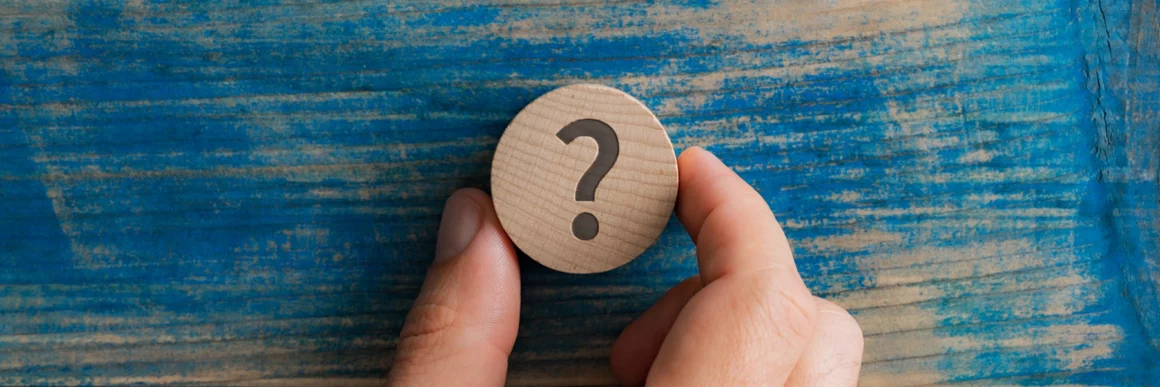
Frequently Asked Skin Care Routine Questions
Do you still have questions about your tween or teen’s skin care routine? Maybe, you have questions on specific products, or want to know how to take care of body acne. Read on for our answers to common skin care questions, answered by our BLOOM experts.
Do natural skin care products really work, and are they healthier for my young person?
Natural products can work, but just being described as “natural” doesn’t mean a product is hypoallergenic or effective.
In general, good natural products are lower in or free from potentially harmful or toxic ingredients like phthalates, sulfates, artificial fragrances, or parabens. Products can absolutely be effective without these types of ingredients, and they may provide health benefits as well.
Keep in mind that the “clean beauty” industry is not well-defined or well-regulated. Therefore, products can call themselves “clean beauty” without any specific standards. “Clean beauty” does not necessarily mean that it is better for you. In fact, some of the most effective and natural skin care products are not labeled as “clean beauty.”
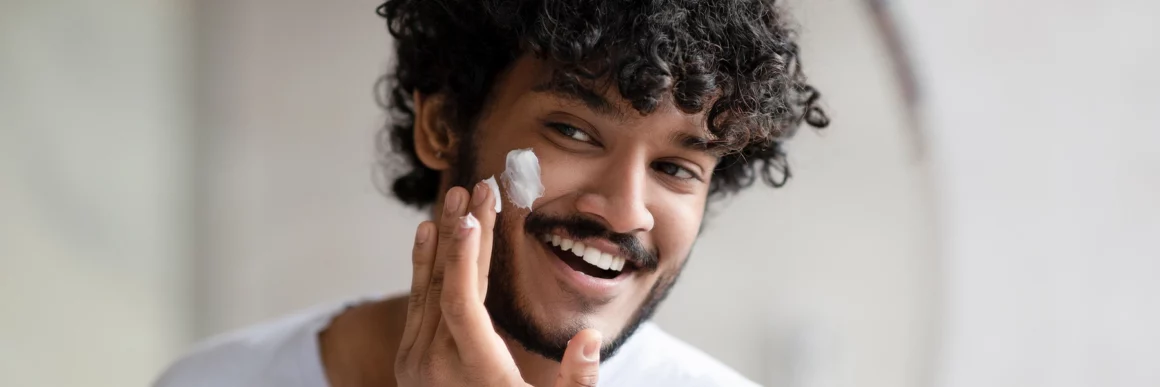
How many skin care products should my young person be using?
There is no “one size fits all” skin care regimen, and you may find that your preteen or teen needs a different combo of products to keep their skin looking its best when compared with their friends’ skin care routines. In general, everyone benefits from a facial cleanser, moisturizer, and sunscreen. You may find they need additional products to keep their skin looking its best, such as anti-acne treatments.
If my young person has acne on their back (bacne), is treatment the same as treatment for their face?
If your preteen or teen has bacne, have them try a foaming wash that contains benzoyl peroxide. This wash should be left on the skin for a few minutes to help penetrate into the skin and rinsed off well. Start with an over-the-counter benzoyl peroxide foaming washes in a lower formulation (2.5-5% benzoyl peroxide), as it is less likely to cause irritated skin, dryness, or peeling.
If you feel that they need stronger medicine, you can start with a foaming wash that contains 10% benzoyl peroxide. That’s the strongest concentration of benzoyl peroxide that you can buy without a prescription. Many people can tolerate this strength on the back, but it may be too strong for your face.

Is sunscreen good for acne?
Yes! Wearing sunscreen will help to keep acne spots and scars from getting darker. It will help hyperpigmentation and post-inflammatory erythema to fade quicker.
Are facials good for acne? Can my young person have one done on their back?
When done by professionals, facials can help open up the pores, and cleanse, exfoliate, and moisturize the skin. Some facialists and skin care professionals will also perform extractions, where they help remove congestion from pores in a safe way. Facials can be for the face or body area.
My young person started a skin care regimen and has now started to notice that their skin is really dry, itchy, and flaky. What should they do?
Temporarily stop all the products in their skin care regimen. It may be that their skin is getting too dry from the ingredients in the products. For a few days, have them use only water or a gentle hydrating cleanser to wash their face. Follow with an oil-free, non-comedogenic moisturizer.
When their skin feels like it is back to normal, they can go back to their skin care regimen, but have them do it only every other day to make sure their skin does not get too dry again.
If they ever notice that their skin is getting very red, itchy, painful, or is burning, then stop all products and seek the help of a pediatrician or dermatologist. These signs may mean that they have actually developed an allergy or dermatitis from one or more of the products.
How long will it take for a skin care regimen to improve my young person’s acne?
Acne does not improve overnight. It is very important to remind yourself and your young person that any acne treatment can take 6-8 weeks to improve the skin! Encourage them to not give up. Stay patient. Stay consistent. If your young person continues the regimen, their skin should eventually start to improve.
If you are still feeling overwhelmed, don’t worry! BLOOM is here to help. With our library of On-Demand Workshops with our trusted educators, to our Ask the Expert Forum & Live Events where you can get answers to your burning questions from our qualified professionals, to Supportive Community, where you can find strength in a community of other parents and caregivers, to Direct 1-on-1 Parent Coaching Support, we’ve got you. Raising tweens or teens is hard enough. BLOOM is here to make it a little easier.
